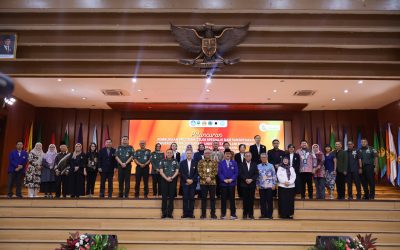In Bandung, where concerns about reproductive health are rising, researchers from Universitas Padjadjaran have uncovered an important link between vitamin D and male fertility. Dr. Andri Rezano and his team from the Faculty of Medicine set out to explore whether a common nutrient deficiency could quietly affect the dreams of families hoping for children.
The story begins in the laboratory, where sperm cells exposed to vitamin D showed less DNA damage—a factor strongly associated with infertility. DNA fragmentation in sperm is like a broken code, preventing healthy conception and leading to higher risks of miscarriage. By testing supplementation in vitro, the Unpad team demonstrated that vitamin D could help maintain genetic integrity.
This finding matters deeply for Indonesia, where vitamin D deficiency is prevalent due to lifestyle and environmental factors. “Something as simple as ensuring enough vitamin D may improve fertility outcomes,” the researchers note, pointing to the broader public health benefits of prevention through nutrition.
For families, the message is practical: sunlight, balanced diets, or supplementation could support reproductive health and reduce the burden of infertility treatments. On a larger scale, this aligns with SDG 3 (Good Health and Well-Being), promoting healthier generations.
Universitas Padjadjaran’s research positions Indonesia as a global contributor to accessible fertility science, reinforcing its role in the Times Higher Education Impact Rankings through community-focused innovation.





0 Comments